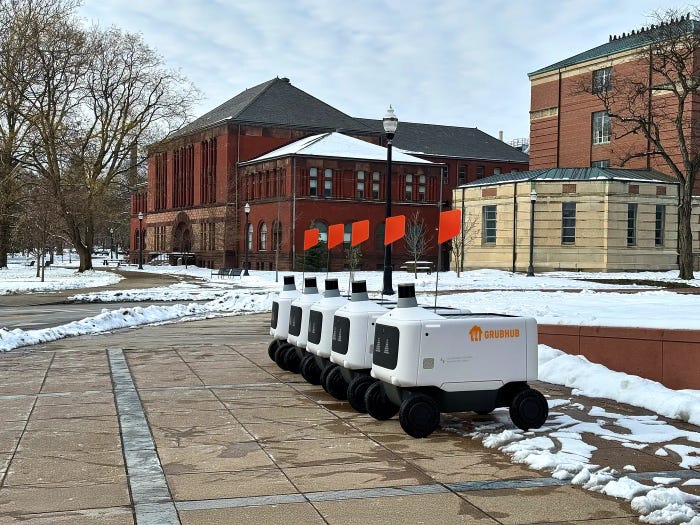California Governor Vetoes AI Regulation BillCalifornia Governor Vetoes AI Regulation Bill
Law would have added testing requirements and other restrictions to the emerging technology

California Gov. Gavin Newsom vetoed a sweeping AI bill that proponents said would have put needed regulations on the new technology, but opponents criticized as stifling innovation.
The legislation, SB 1047, would have required developers to implement safeguards on their technology, including testing requirements and kill switches. It would have also given California’s attorney general the right to sue companies if the technology was used to cause disasters, such as a mass casualty event or cyberattack.
In a statement explaining his veto, Newsom said the legislation focused too much on the size of the developer and not the actual risk posed by the technology itself: “Key to the debate is whether the threshold for regulation should be based on the cost and number of computations needed to develop an Al model, or whether we should evaluate the system's actual risks regardless of these factors.
“While well-intentioned, SB 1047 does not take into account whether an Al system is deployed in high-risk environments, involves critical decision-making or the use of sensitive data. Instead, the bill applies stringent standards to even the most basic functions — so long as a large system deploys it.”
Newsom said in this year’s legislative session, he signed 17 bills regulating AI, including measures to crack down on deepfakes, require AI watermarking and combat AI-generated misinformation around elections.
He also announced an initiative to bring together AI experts, including the “godmother of AI,” Fei-Fei Li, as well as Tino Cuéllar, a member of the National Academy of Sciences Committee on Social and Ethical Implications of Computing Research, and Jennifer Tour Chayes, dean of the College of Computing, Data Science and Society at UC Berkeley, to develop ways to promote “safe and responsible AI” by developing guardrails on its deployment.
“We have a responsibility to protect Californians from potentially catastrophic risks of GenAI deployment,” Newsom said. “We will thoughtfully and swiftly work toward a solution that is adaptable to this fast-moving technology and harnesses its potential to advance the public good.”
Newsom’s veto followed speculation about his intentions toward the legislation. Over 120 actors and producers signed a letter asking the governor to sign the bill, which was also supported by AI pioneers Geoffrey Hinton and Yoshua Bengio and tech mogul Elon Musk.
Opponents included Google, Meta and U.S. Rep. Nancy Pelosi, who argued it would hamper innovation by adding legal risk to AI development.
“Let me be clear — I agree with the author — we cannot afford to wait for a major catastrophe to occur before taking action to protect the public,” Newsom said. “I do not agree, however, that to keep the public safe, we must settle for a solution that is not informed by an empirical trajectory analysis of Al systems and capabilities. Ultimately, any framework for effectively regulating Al needs to keep pace with the technology itself.”
This article first appeared in IoT World Today's sister publication AI Business.
About the Author
You May Also Like


.jpg?width=700&auto=webp&quality=80&disable=upscale)
.jpg?width=700&auto=webp&quality=80&disable=upscale)

.jpg?width=300&auto=webp&quality=80&disable=upscale)


